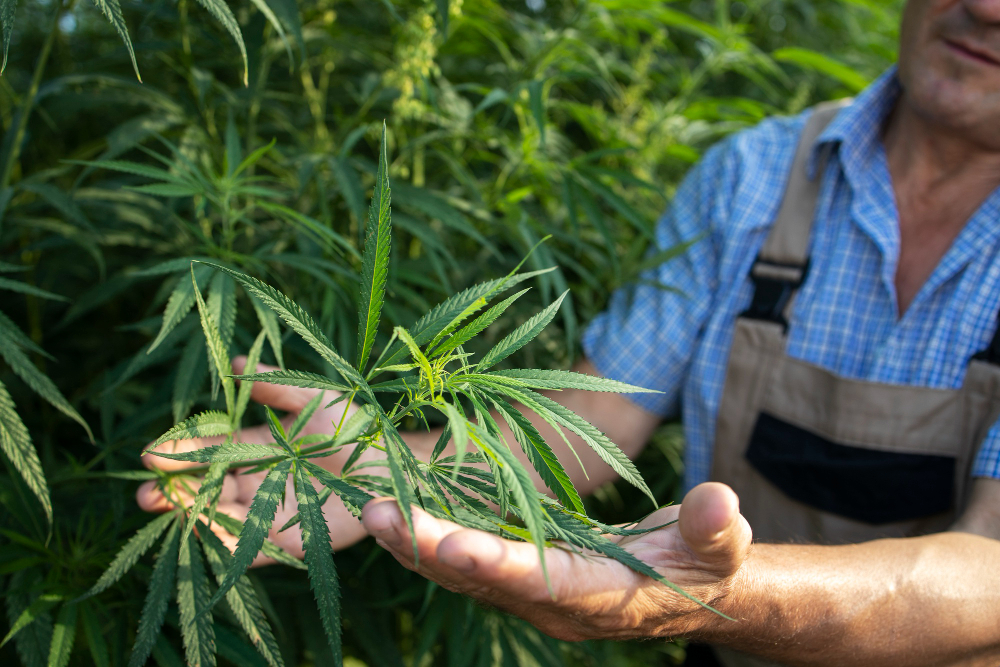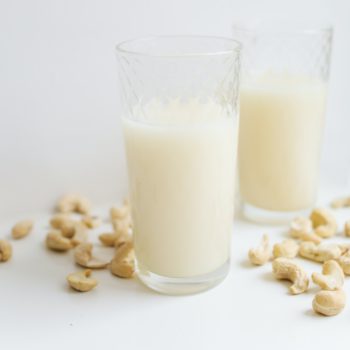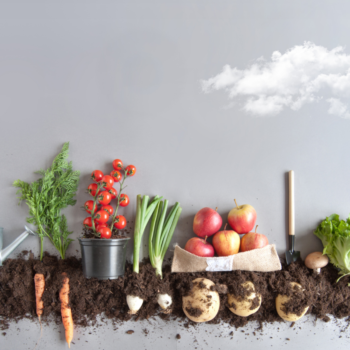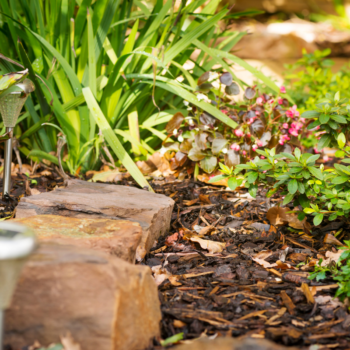|
|
Curious about the sustainability of CBD production? You’re in the right place. This piece will delve into CBD’s environmental impact and its role in promoting sustainability in the industry.
CBD originates from hemp, a crop that is both versatile and eco-friendly. Unlike many other crops, hemp requires less land, water, and pesticides to grow. This makes it a more sustainable choice for production.
Additionally, the natural properties of hemp make it environmentally friendly. For instance, its deep roots help prevent soil erosion, a significant environmental issue. Moreover, hemp has the ability to purify the air, contributing to a cleaner environment.
In conclusion, hemp, the source of CBD, is an eco-conscious choice for production. The practices involved in CBD production are geared towards sustainability and minimal environmental impact. So, if you’re interested in eco-friendly products, CBD should be on your list.
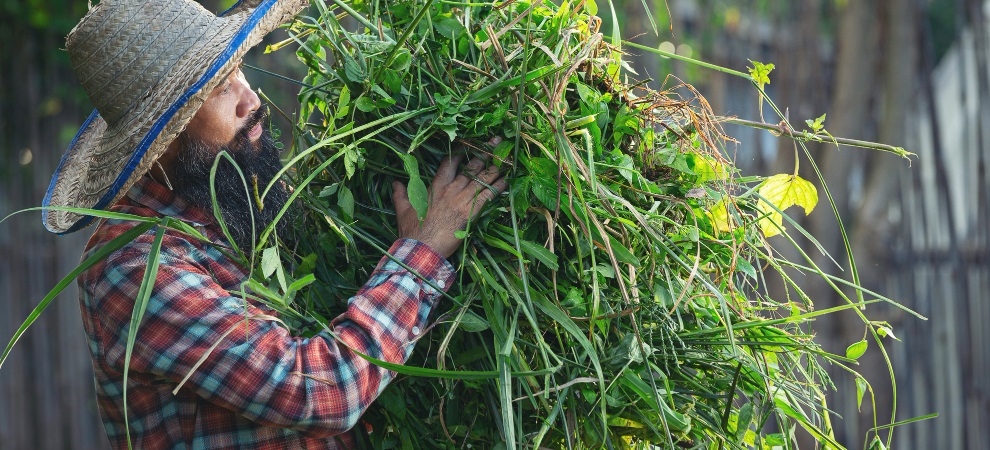
Key Takeaways
- CBD cultivation, harvesting, and shipping have a positive impact on the environment.
- Hemp farming and CBD production have various environmental benefits, such as minimal wastage, soil health maintenance, air purification, and carbon sequestration.
- CBD products are biodegradable, recyclable, and can be used in textiles and building materials to remove carbon from the atmosphere.
- Vitality CBD prioritizes eco-conscious practices, transparency, and vegan-friendly products in their cultivation and manufacturing processes.
The Environmental Benefits of CBD
CBD, or Cannabidiol, has the potential to revolutionize the eco-friendly industry. How? By being cultivated, harvested, and transported in a way that benefits the environment. Let’s delve into how this works.
The starting point of CBD is the hemp plant, a versatile crop that provides several environmental advantages. For starters, every part of the plant is usable, which means nothing goes to waste – an excellent first step towards sustainability. Plus, hemp is a fast-growing crop that needs less land space compared to others. What makes it even more appealing is its robust nature, which requires little to no pesticides.
But the benefits of hemp don’t stop at cultivation. The plant also plays a significant role in maintaining the health of our soil and air. Hemp roots go deep into the ground, preventing soil erosion and keeping the soil healthy. They also help improve the soil quality by extracting heavy metals. As for the air, hemp plants are experts at processing carbon dioxide, contributing to air purification.
When it’s time to harvest and transport, hemp doesn’t disappoint either. Thanks to its fast growth rate, it can be harvested and rotated quickly. The CBD extraction process from hemp is also eco-friendly as it uses pressurized CO2 instead of harmful solvents.
However, there are some challenges. Hemp can only grow in limited regions, which could complicate long-distance shipping. But overall, the production of CBD continues to show promise for being sustainable and eco-friendly. Products derived from CBD-infused hemp are 100% biodegradable and recyclable. They also store high levels of carbon through carbon sequestration methods.
Moreover, there’s an added bonus. Biochar, a product created from slow-smoldered hemp, can be returned to the soil to replenish its nutrients.
In a nutshell, CBD production has immense potential to benefit the environment. The key lies in cultivating and processing it with sustainability at the forefront.
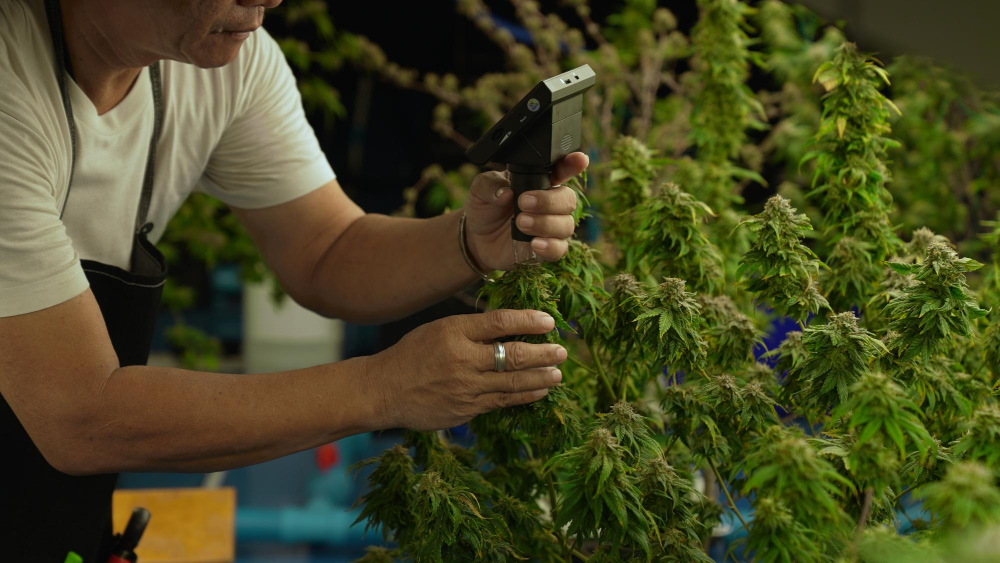
CBD’s Impact on the Environment
Hemp cultivation for CBD production is a green thumbs-up for the environment. The process is eco-friendly for a variety of reasons, with the minimal use of pesticides being a significant one. Let’s delve into this a little deeper.
Hemp is a robust plant. Its natural resistance to pests means that farmers don’t need to use as many pesticides. This cuts down on the volume of harmful chemicals released into the environment. Additionally, it supports the creation of healthier soil ecosystems. This is key because healthy soil equals healthier plants.
Next up, air purification. Hemp plants are fantastic at this. Their deep roots not only help prevent soil erosion but also support soil health. But it doesn’t stop there. During photosynthesis, these green warriors play an important part in processing carbon dioxide. This contributes to the fight against climate change.
Let’s talk about land use too. Hemp is a fast and efficient grower. It doesn’t need as much land as other crops. The speed at which it grows makes crop rotation a breeze. This lowers the need for deforestation or encroaching on natural habitats.
Last, but by no means least, hemp improves soil quality. It does this through a process called phytoremediation, which removes heavy metals from contaminated soils. This detoxifies polluted areas and boosts overall soil health.
Sustainable Practices in CBD Harvesting and Transportation
The harvesting and transportation of CBD can be made more sustainable, and this benefits both our planet and the industry. Simple, eco-friendly methods can be adopted at all stages of the process. Let’s delve a little deeper into how this works.
The introduction of sustainable practices in CBD harvesting and transportation has several tangible benefits. One of the key benefits is the reduction in carbon emissions. By cutting these emissions, we’re actively fighting climate change and its damaging effects.
The health of our soil is another major concern. Sustainable farming methods help us preserve our soil by preventing erosion and maintaining its nutrient content. This is essential for the long-term productivity of our future crops.
Lastly, water conservation plays a vital role in sustainable CBD production. Many regions across the world face water scarcity issues. By conserving water resources, we can help to alleviate this problem.
Prioritizing sustainability in CBD production is a win-win. It paves the way for an eco-friendly industry that values both the environment and the quality of its products. So, let’s all make mindful choices. This way, we can protect our planet while enjoying the benefits of CBD products.
CBD Helps produce ecofriendly products
CBD, or cannabidiol, is not only known for its potential health benefits, but it also has the potential to help produce eco-friendly products. CBD is derived from the hemp plant, which is known for its sustainability and ability to grow in a variety of climates. Hemp plants require less water and pesticides compared to other crops, making them a more environmentally friendly option.
Additionally, CBD can be used in a number of different products that are eco-friendly alternatives to traditional options. For example, CBD can be used in beauty and skincare products as a natural and sustainable ingredient. It can also be used in products such as clothing, paper, and plastics, providing biodegradable and renewable alternatives to conventional materials.
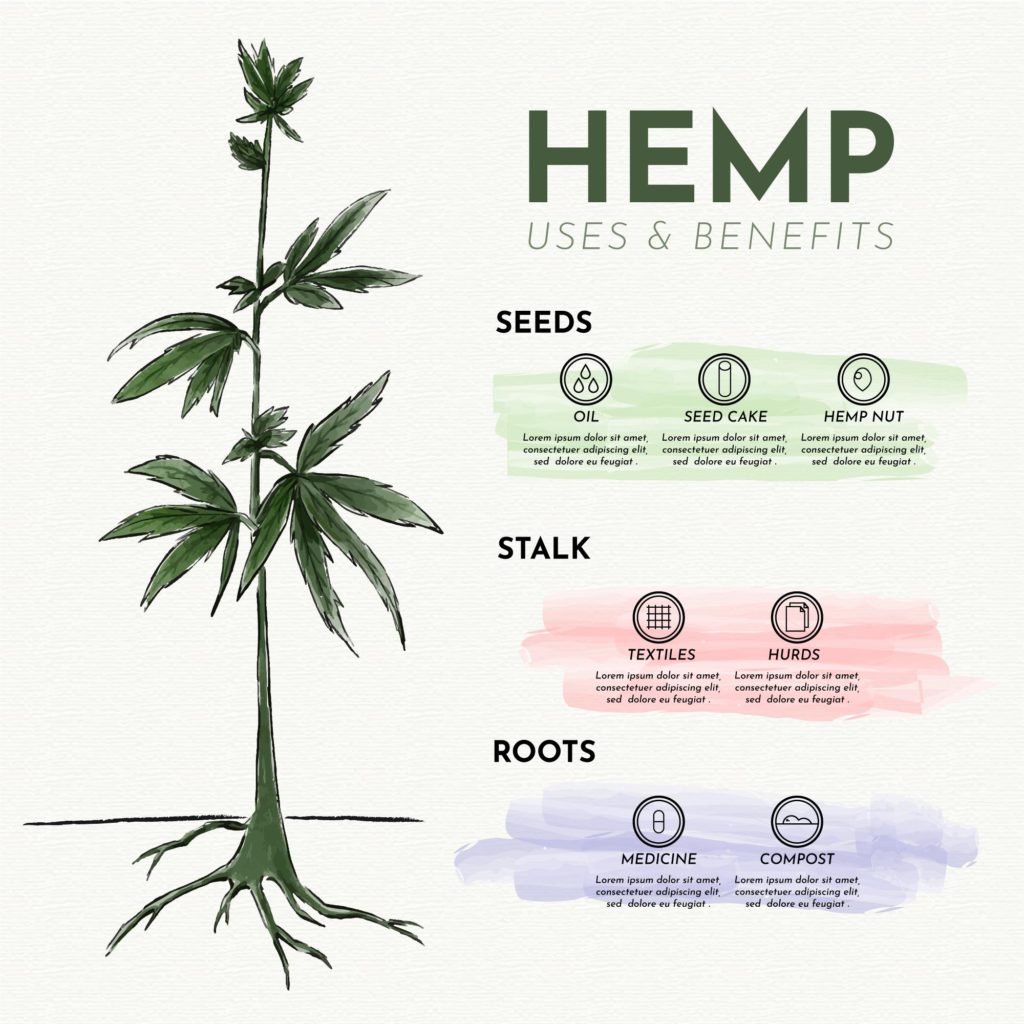
By incorporating CBD into these products, we can reduce our reliance on non-renewable resources and minimize our impact on the environment. Furthermore, CBD is biodegradable itself, ensuring that the products made from it will not contribute to pollution or waste in the long term.
Overall, the use of CBD in the production of eco-friendly products can help promote sustainability and reduce our ecological footprint.
FAQ
CBD can be considered eco-friendly due to its low environmental impact and the sustainability of its production.
The environmental impact of CBD production is relatively low compared to other crops. Hemp, the plant from which CBD is extracted, requires minimal water and pesticides to grow, and it can help sequester carbon dioxide from the atmosphere.
Yes, CBD production can be considered sustainable due to the minimal resources, such as water and pesticides, required for growing hemp. Additionally, hemp plants can be harvested multiple times in a year, making it a more efficient crop.
CBD farming can be considered environmentally friendly due to the low environmental impact of hemp cultivation. Hemp plants require minimal water, pesticides, and herbicides to grow, reducing their impact on the environment.
Yes, hemp products are generally good for the environment. Hemp is a versatile plant that can be used to make various eco-friendly products such as textiles, paper, and biodegradable plastics, reducing the reliance on non-renewable resources.
The carbon footprint of CBD oil production is relatively low compared to other industries. Growing hemp can help sequester carbon dioxide from the atmosphere, making it a potentially effective tool in reducing greenhouse gas emissions.
